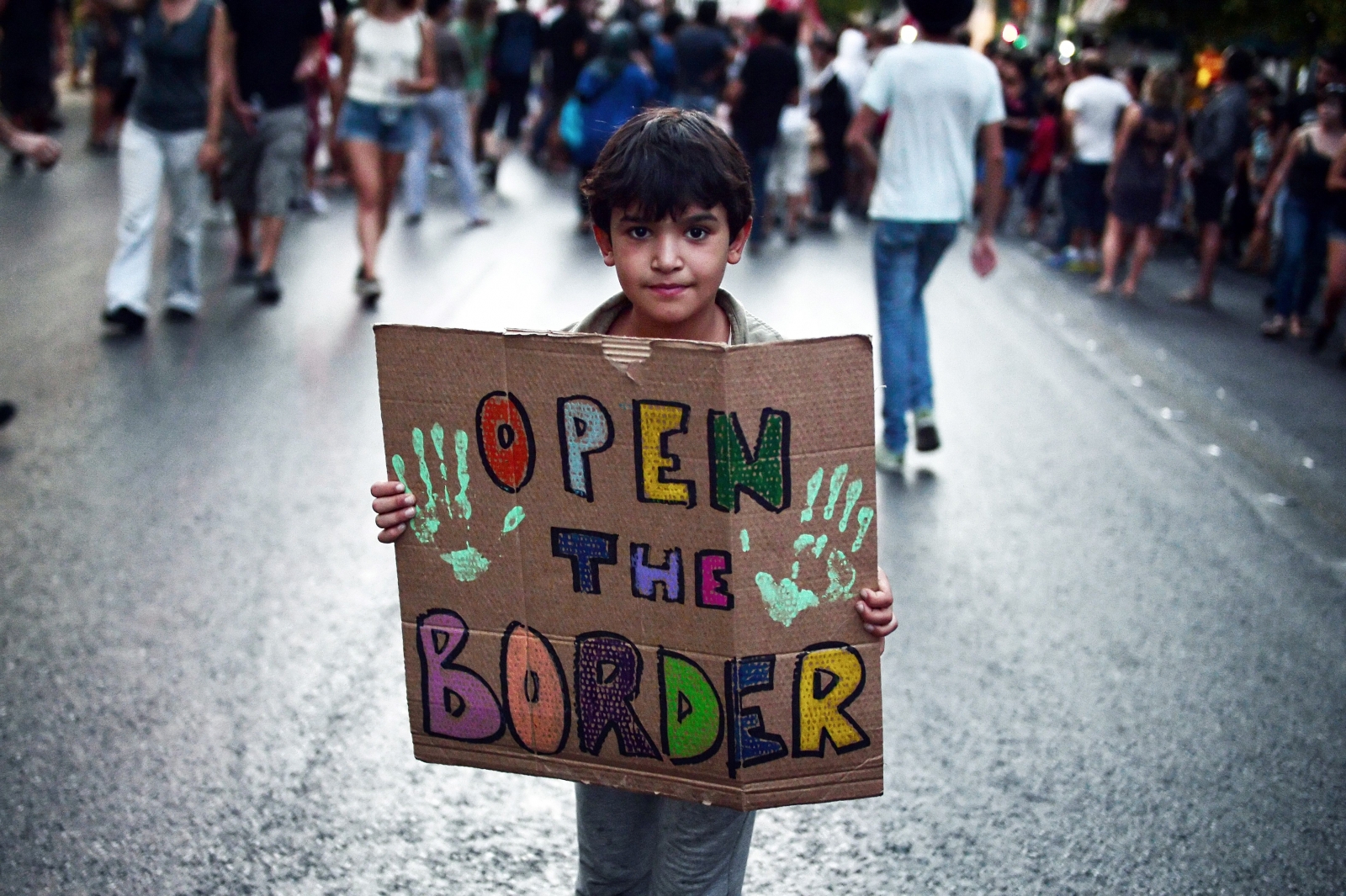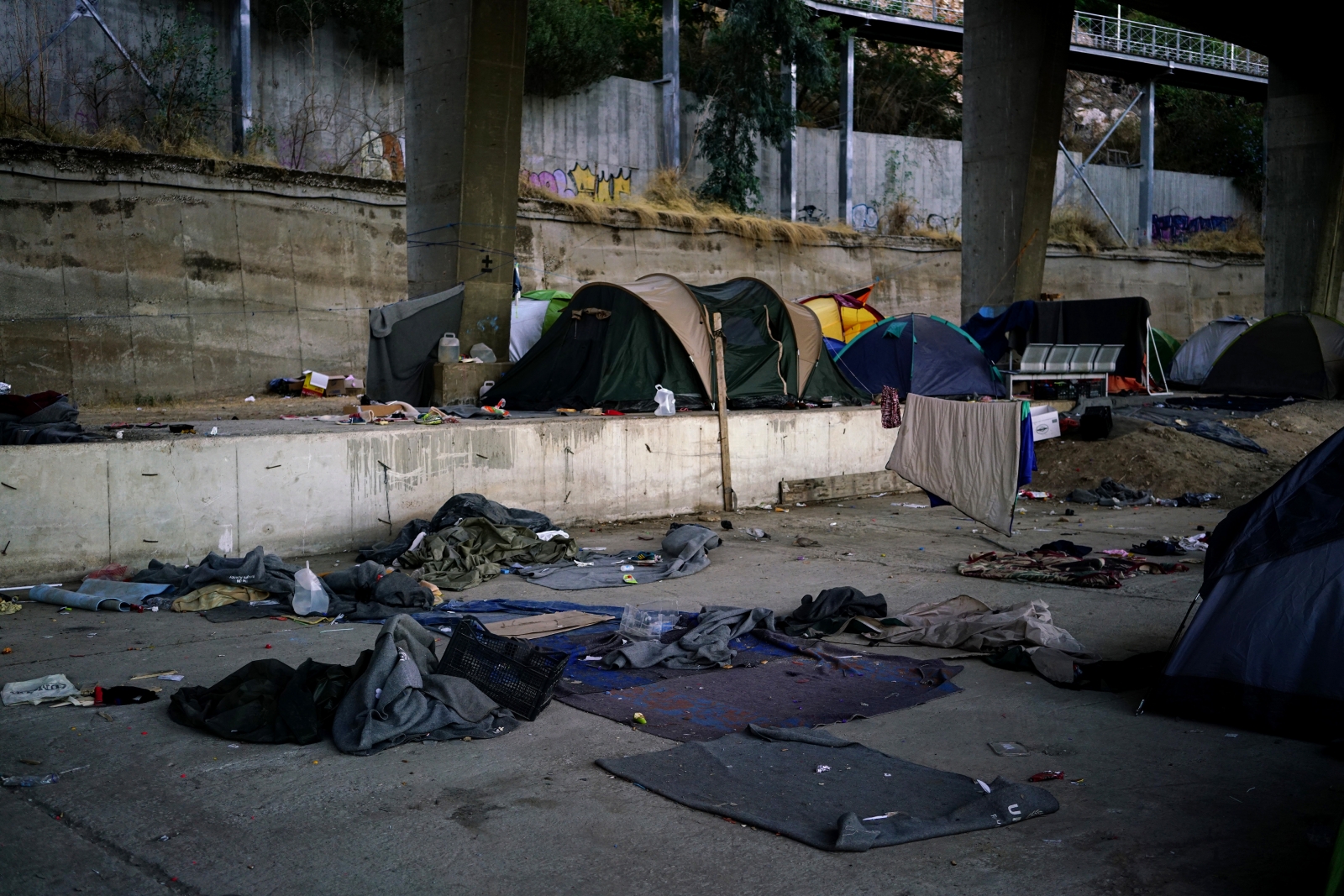Barack Obama's greatest legacy may be yet to come at the Leaders' Summit on refugees.
By Wolfgang Jamann
 |
| (Getty Images) |
We all agree that the numbers
are staggering: according to the UNHCR, on average, 24 people were forced to
flee each minute in 2015, four times more than a decade earlier. At the last
count, Greece alone was home to 57,000 displaced people, 40 per cent of them
children.
But on what to do and who
should do it is where agreement ends and polemics begin.
Closing borders or denying
asylum undermines the rule of law that underpins the security and prosperity of
Western states. They prove ineffective at solving the crisis and only reinforce
the inhumane nature of such an approach. In fact, according to research by the Tent Foundation, 81 per cent of the public surveyed felt that arriving refugees deserved
assistance yet many admit to not knowing how to help them.
Since 2011, seemingly endless
rounds of talks to try to end the Syria conflict have taken place. If the
recent New York Times article research is any indicator, a conflict of this nature now lasts on
average a decade, twice as long as the one in Syria so far – clearly, the
refugee numbers are not about to abate. So if closing the borders is wrong and
peace talks have failed, what else might work?
A look at two diverse societies in the eye of the refugee storm (Lebanon
and Germany) show that we humans really are more alike than we are different.
They also show that embedding support for integration in welcome programmes and
addressing host needs in fragile communities can help transform the refugee
crisis into a beneficial relief opportunity.
A win-win for
hosts and newcomers
The Brookings Institution has written of the Lebanese economy experiencing one of the highest
growth rates since 2010. While no direct link has been made between this and
refugee influx – Lebanon has taken in more refugees than all of Europe – it
does appear to debunk a myth that refugees might somehow drain our economies
and be a burden on social programmes. Furthermore, accepted refugees can
actually be the catalyst for improved socioeconomic health all around.
For example, the poverty belt in Tripoli, Lebanon's second largest city,
has the country's highest concentration of refugees living alongside some of
its poorest civilians. With its own nexus of problems that often beset
populations struggling to emerge from conflict and poverty, Tripoli is the
setting of an innovative project to break poverty's cycle for both refugees and
hosts.
"Refugees can actually be the catalyst for improved socioeconomic health all
around"
"One Neighbourhood" is a CARE-run project in Lebanon to improve
community infrastructure by rehabilitating buildings and constructing water and
sanitation facilities; attracting investment for micro to medium enterprises by
convening business forums; and providing educational and vocational training. A
focus is on strengthening women to participate in all aspects of community
reconstruction while protecting them from increased risk of gender-based
violence, and aims to reduce forced child marriage that is erroneously
perceived as poverty's escape. The project has reached over 240,000
individuals, 58 per cent of whom are refugees and 42 per cent from the local
community.
Cohesion or
collapse
 |
| Tents and blankets in the port of Piraeus, where nearly 1,500 refugees and migrants live in a make-shift camp in Athens on July 17, 2016. (Getty Images) |
See yourself as a refugee. At the border, you are registered, perhaps given
provisional housing. Meals arrive and the wheels are set in motion for all the
mundane things that must happen to become another number in a new society. And
then the breakdown occurs and the gap widens: this is not your language, this
is not your culture, and school back home does not run this way. At this point,
proper planning and adequate resources can make the difference between cohesion
and collapse for refugees' transition into new countries. Local and city-level
programmes that include education about diversity and migration can help to
address misgivings, erroneous judgments, and stem the trend of xenophobia by
reducing the fear of an "unknown other".
"Programmes that include education about diversity and migration can help to
address misgivings, erroneous judgments, and stem the trend of xenophobia by
reducing the fear of an 'unknown other"
In Germany, host-refugee
cohesion models such as the KIWI project are planned and resourced to address the specific needs and issues
faced in any one place. Together, 58 teachers from 28 schools have been trained
in the KIWI modules, with 750 migrant/refugee students reached, and counting.
Translated, the German acronym KIWI stands for Culture, Integration, Work and
Initiative and the project addresses not only academic needs but also gaps in
mutual cultural understanding and tolerance, including around gender equality.
Obama's greatest
legacy?
As countries grapple to determine their own response to the refugee
situation, it is useful to reflect on cohesion and integration models even if
they are so far, small-scale. With will and resources, we can replicate success
and multiply impact, and perhaps help extinguish the fears that make us build
walls when we should be building bridges.
This month, the 71st session
of the UN General Assembly in September will be followed by the Leaders' Summit
on refugees, hosted by President Obama and co-hosted by Canada, Ethiopia,
Germany, Jordan, Mexico, and Sweden. CARE urges leaders as well as funding
agencies, relief groups and individuals to join in restoring stability and to
ease the welcome, transition and integration of refugees in a truly coordinated
response.
Can the man of "yes we can" prove to the world once again that
what seems so out of reach is indeed possible? President Obama's greatest
legacy may be yet to come if he can lead a world effort to restore peace and
security for all, restoring global humanity in a way that will help the
millions fleeing from war to find, at last, some safe haven.
Wolfgang Jamann
is Secretary General and CEO of CARE International
16/9/2016
